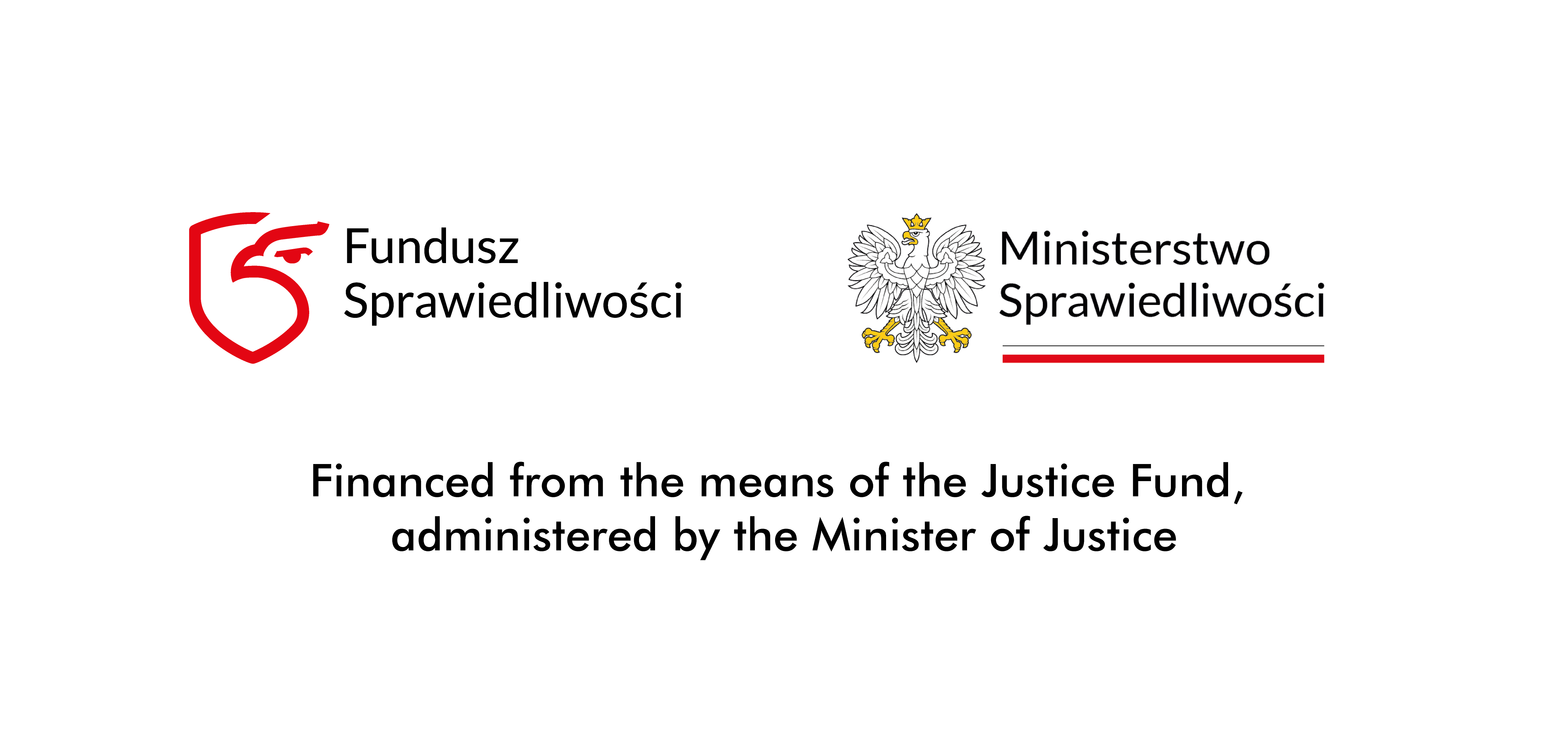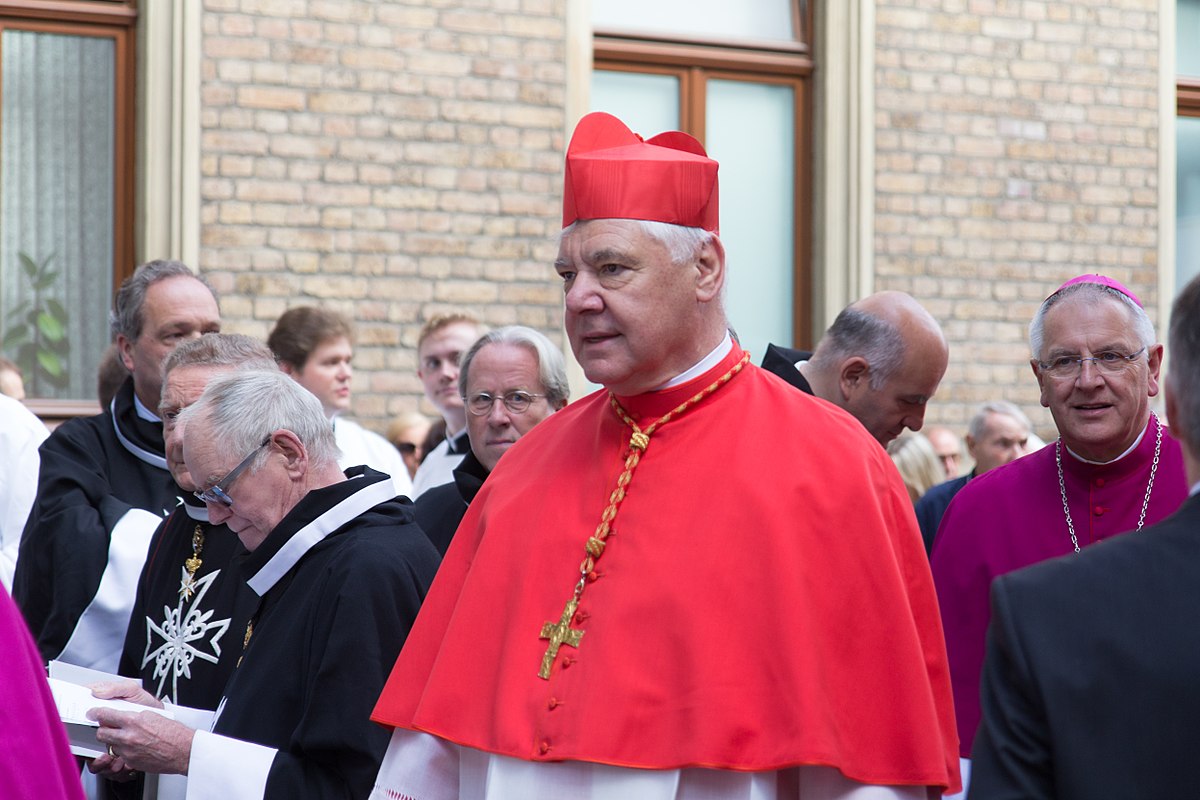Europe hanging on a precipice: the roots of atheization of the Old Continent
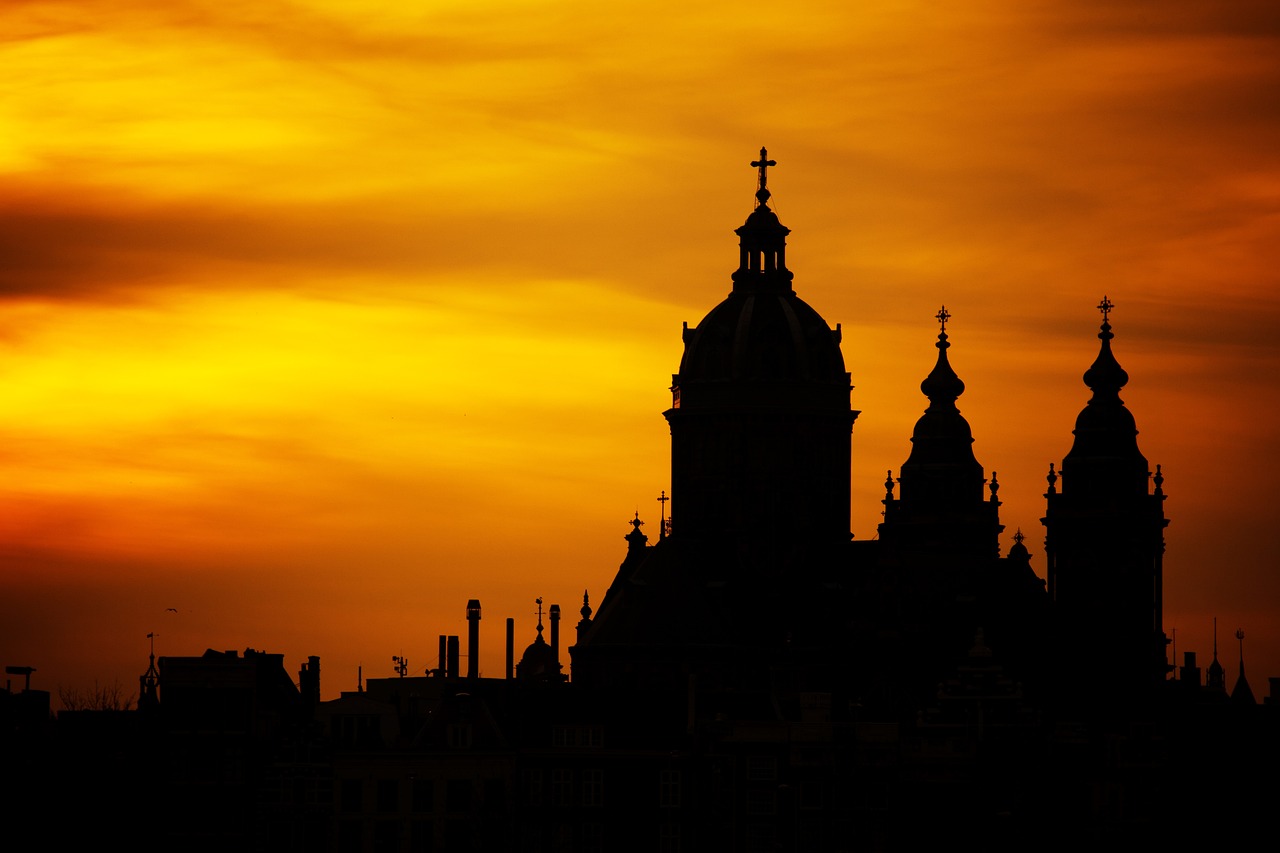
When explaining the causes of the atheization of Europe, we often overlook the political and intellectual pressure, which has lasted for several hundred years, to drive religion out of the life of our societies. How far political violence against religion – disguised under the slogans of democratization and secularism of the state – has become normalized can be seen at almost every turn.
Tomasz Rowiński
In the various opinions one can read about the progressive secularization and atheization of Europe, references to individual motivations behind this phenomenon dominate – in various ways. One gets the impression that religion is losing its credibility, as it were, in a socially natural way, along with the development of science, affluence, as well as the development of other symbolic systems that become tools for making life more meaningful. Meanwhile, the issue of the political and intellectual pressure that has been going on for several hundred years to drive religion – first Catholicism and then Christianity more broadly – out of people’s lives is almost completely ignored. Among the very diverse reasons for the decline of religiosity in Europe, this political reason is most often dismissed with silence. This is not surprising, since the use of more or less camouflaged violence against religious institutions places the responsibility on the forces of progress dominating European politics today.
The extent in which political violence against religion – disguised under the slogans of democratization and secularism of the state – has become normalized can be seen almost at every turn. For example, in Poland, where not only the left, but also liberals are eagerly raising the demand to expel religious lessons from public schools. And yet not so long ago, in 1961, the expulsion of religion from schools by Poland’s ruling communists was considered an outright act against the nation. It is clear that such a decision was not merely externally political, but was intended to initiate a process of undermining religious education among younger generations. Education perceived as counter-cultural. Very similarly, it is perceived today.
Today, of course, everything is justified by the appropriately filtered slogan of democracy. Since, with the development of the capitalist economy, Poles have become one of the busiest nations in Europe, it must have become clear that religiosity would wane to some extent at least. The reasons for this seem quite simple. First, after all, the understandable pursuit of wealth narrows life perception, secularizing life goals. Such a phenomenon was noticeable among American Protestants throughout the 19th and 20th centuries and described by sociologists. For the citizens of the New World, wealth first became a sign of God’s blessing, only to turn into an end in itself. Secondly, capitalism changed the ratio between the time people devote to work and that devoted to other activities. As a result, there has been a significant rupture of religious transmission in families in Poland, which has greatly weakened the religiosity of younger generations. This phenomenon, occurring in a very short period of time, took place earlier in other areas of Europe or America, although often under slightly different conditions and dynamics.
Religious eradication
As a result, political pressure to remove religion from the public space grew, because, it was argued, there were fewer and fewer believers. Instead, a variety of ideologies were promoted and (are still being promoted, by the way), which, while proving to be even more minority, better represent the interests of at least part of the political elite. Part of this promotion involves generating pressure for their propagators to have access to operate in public schools. This lack of symmetry and fairness with which religion is treated in the modern social system is by no means natural. It represents a kind of entrenched discrimination against Christianity in Europe, which has its roots in centuries of religious eradication, but also the weakening of church institutions.
One could cite numerous quotes from sociologists, for whom the problem of religion remains something of a black box for things beyond comprehension. “We can talk about a move away from institutional religiosity, the young are reluctant to participate in traditional forms. Something doesn’t suit them, which doesn’t mean that this religiosity of theirs doesn’t manifest itself in other ways,” Dr. Marta Kolodziejska, sociologist of religion, explained after the results of the 2020 European Social Survey were published. In fact, Kolodziejska explained nothing by saying that young people “don’t like something.” Meanwhile, the answer seems to be at hand: the long process of uprooting European nations from Christian religious culture means that successive generations simply no longer understand the language – ritualistic, theological, philosophical – that was behind the spiritual formation of the European spirit.
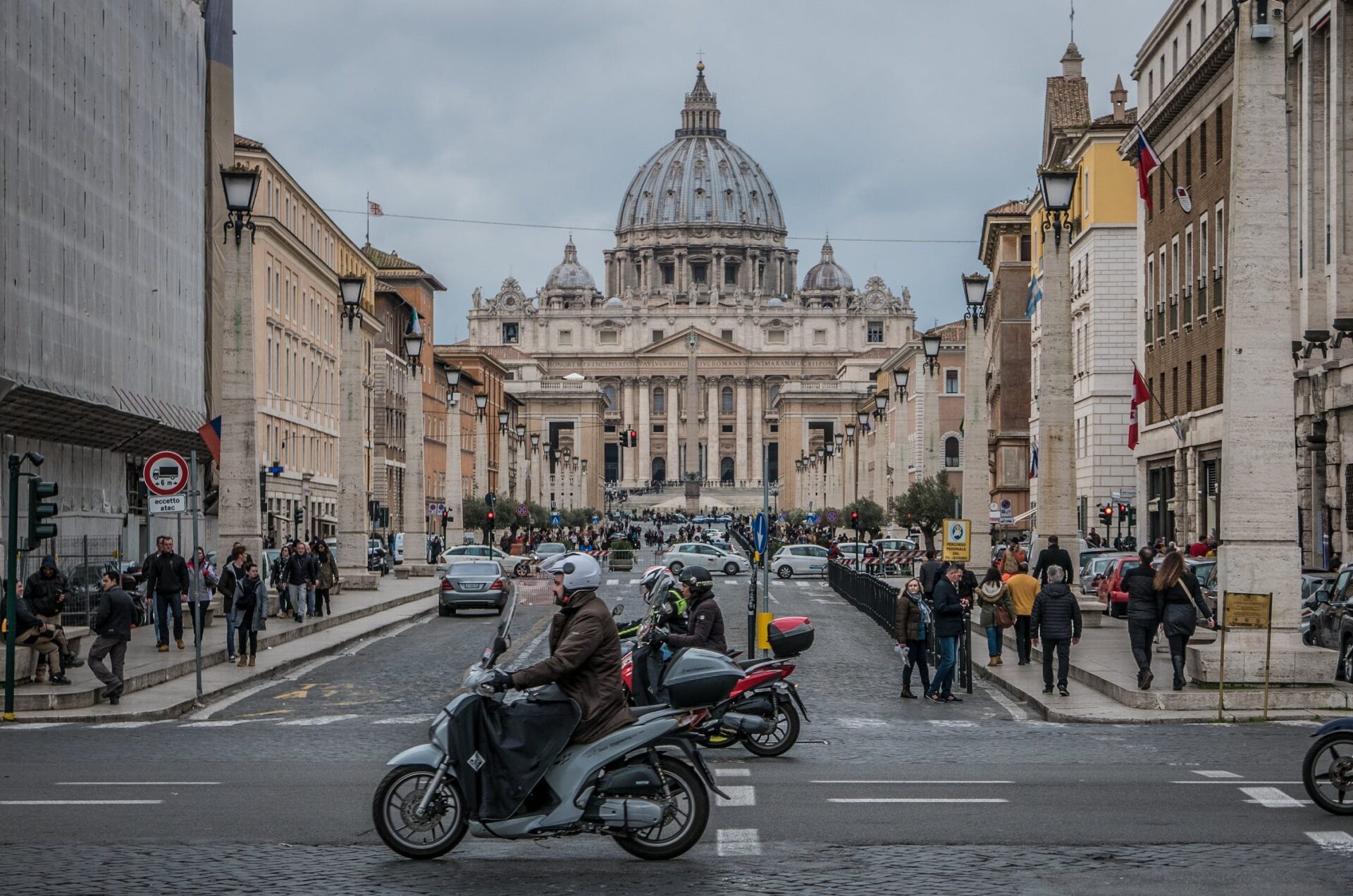
At the same time, however, since the 20th century, a process of renewal of piety based precisely on older Catholic traditions, both ritual and theological, has been noticeable within Catholicism. This process emerged as an elite “liturgical movement” in the second half of the 19th century through such figures as French Benedictine renewalist Dom Prosper Gueranger, only to spread to a much wider circle of Catholic intellectuals in the first half of the 20th century. Thus, it can be hypothesized that the ability to understand (or not) religious content is an important element of personal and therefore statist religiosity. If religion is expelled from society – it weakens.
Vatican II
When we look at the documents left to Catholics by the Vatican II Council, which worked in the 1960s, we notice that foremost among them is the Constitution on the Liturgy Sacrosanctum Concilium, an important demand of which was to make Catholic ritual more comprehensible, which can be considered an attempt to counter both religious erosion and the effects of anti-religious violence, which was taking an increasingly pronounced toll in Europe. Taking away schools from the Church, demolishing temples, dispersing monks, killing priests, bitter meddling by secular rulers in religious affairs, launching wars under the banners of religion, all of this had been taking place in Europe since at least the 16th century, and had the character of overt anti-religious violence. Thus, when we witness today – discussions that have been going on for decades, by the way – on the issue of “God’s garbage” we must not forget their largely abstract nature. The religiosity of both nations and individuals is rooted in culture, and the considerations of philosophers and theologians, detached from this context, often seem rather to distract the public from the real reasons why religious faith is in retreat.
If a civilization fights against its own religious institutions, it actually deprives itself not only of faith as an instrument of subjective self-understanding, but also of the tools to understand the sphere of religiosity at all. This phenomenon was on full display in the statement of the Polish sociologist of religion quoted above. Western modernity has placed the entire religious and intellectual wealth of Christianity in this “black box,” recognizing that there is no way to distinguish truth from superstition when it comes to these matters. However, by the way, in the same box along with religion was placed all the related classical intellectual output in philosophy, anthropology or law, instead proposing concepts that were new, often intellectually unsubtle and socially damaging. The long-term nature of the exclusion of successive elements of both religious life and religious reflection has resulted in a de facto atheization in Europe, that is, not only a rejection of God, faith and religion, but a permanent inability to draw on the natural and supernatural resources of Christianity.
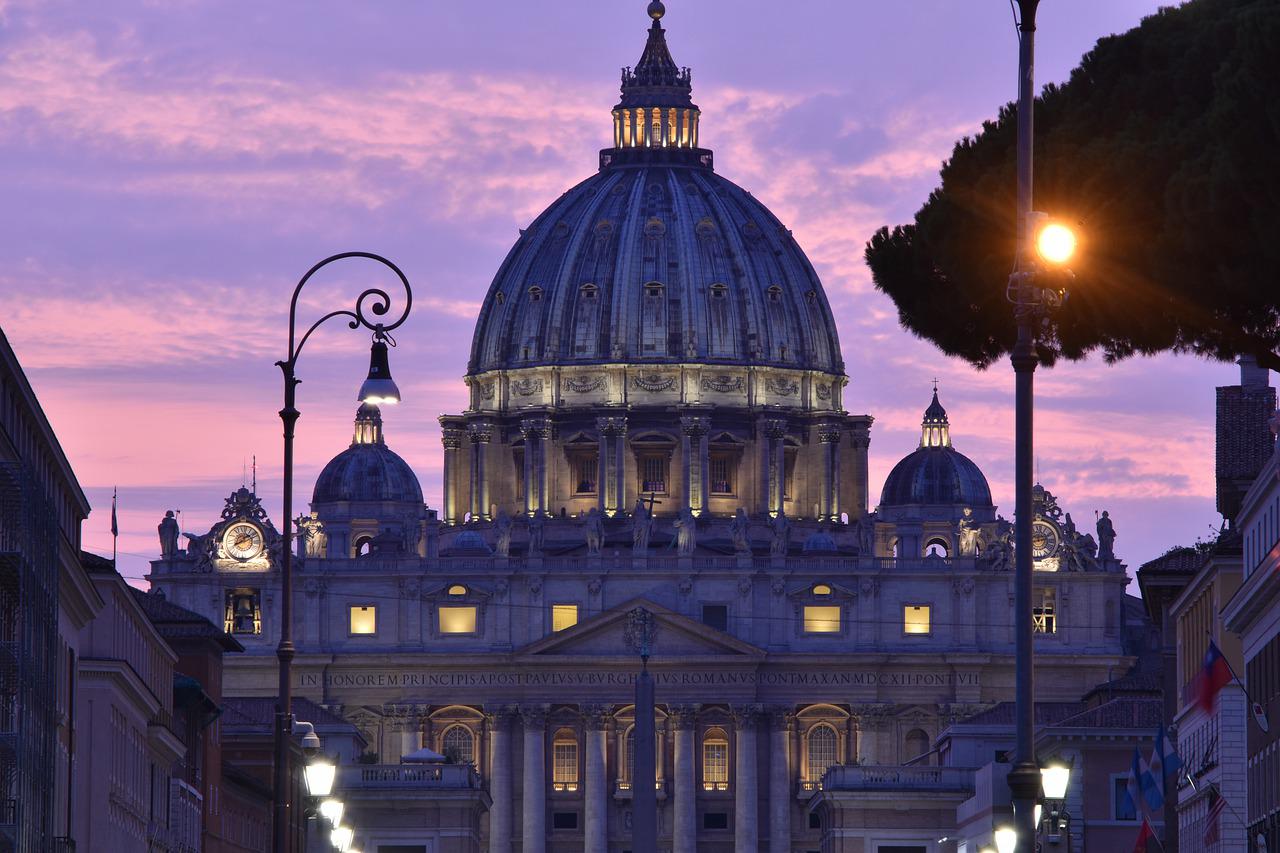
Attempts made from time to time by representatives of European intellectuals to establish a dialogue with the reality of religion get bogged down on the cusp, merely repeating in a new way the already familiar modern formulas of thinking about religion worked out in the Enlightenment or Romanticism. These failures are precisely due to the fact that the European mindset, at its own request, has deprived itself of access to understanding the inner dynamics of both intellectual and existential Christianity. However, what was some time ago a problem of the elite, or of rather narrow social groups, has today become so widespread that Christians themselves often today view the Church from an outside perspective. If it were to turn out that everyone – including the baptized – looks at the Church in this way, it would mean some kind of perfect internalization of atheism. Perfect, because indifferent to matters of religion, not involved either for or against it. This seems to be precisely the kind of atheization that is going on in Europe today, when we read about the falling statistics of participation in liturgies, but also the disappearance of personal prayer. Religion treated as a phenomenon merely external to the forms of our lives is a religion that is not understood.
Intellectual humbug
Christianity is consistently pushed out of political life, social life and even spiritual life, where psychology has entered, with which, after all, religion has complementary rather than mutually exclusive tasks. Christianity is also being pushed out of the sphere that even modernity sees as strictly religious, that is, the sphere of meaning, of existential truth. Liturgical rituals and devotional practices are being replaced by secular concepts of “life routine,” coaching or motivational practices, and even sports. All of these phenomena are present in the culture of modern capitalism and promoted when, at the same time, religion, especially Christianity and within it Catholicism, is excluded as a source of toxins in the social fabric. While this is an intellectual humbug, its impact, so far, does not seem insurmountable.
Can we point to the sources of this so widely held anti-Catholic opinion? By all means. Rodney Stark, one of America’s most prominent sociologists of religion, a Protestant who died in 2022, published a startling book a few years before his death under the title Bearing False Witness: Debunking centuries of anti-Catholic history. This item is – no less than – an unmasking of a number of negative myths about the history of Catholicism, which function in modern culture as truths and affect the perception of religion in our cultural circle. To some extent – which is also significant – Stark’s Protestantism makes him a credible witness to an obvious discovery: deceitful stories have been created about Catholics for centuries, which are nothing more than narrative violence aimed at drawing societies away from the true religion. Stark is unscrupulous in pointing out the groups interested in perpetuating anti-Catholic opinion.
“We see English and Dutch Protestants fighting against the Spanish ‘arch-catholic’ rulers. We see Enlightenment freethinkers fighting religion in general, but particularly acrimonious against the Catholic Church. We see Soviet communists creating lies about 20th-century popes. Finally, we see ‘progressive Catholics’ present in contemporary discourse, often so focused on the destruction of their own community, which they would like to shape according to their own ‘modern’ beliefs, that they close their eyes to the historical truth. Stark points out these groups clearly, for in his reflections he does not stray far from his original market theory of religion in many places. These people bear ‘false witness’ to Catholicism, because in their case there is a ruthless competition for customers; the Catholic Church is a formidable opponent for many groups in this field,” Church historian Professor Pawel Skibinski wrote in the introduction to the Polish edition of Stark’s book.
Modern violence
Auto-aggressive violence against the source religion of Western culture may explain the reason why Europe – along with parts of North America – remains an exception when it comes to secularization processes against the background of the world. The classical theory of secularization spoke of a universal secularization determinism that would affect all cultures along with their systematic development. A correction to this theory by British sociologist David Martin pointed out that the global trend does not confirm this kind of determinism, or even the tendency of societies to abandon religious life in general. Mass atheism is, according to Martin, who died in 2019, a Euro-Atlantic peculiarity.
It should also be mentioned that in the process of atheization the Christian religious communities themselves took part, which, subjected to atheistic pressure, modified both their doctrines and forms of life in order to gain acceptance of the colonizing mainstream culture of secularism. Unfortunately, the Catholic Church also took part in this process, and one can point to at least two situations illustrating misdiagnoses of the proper response to the proliferating modern violence.

The first concerns the aforementioned Catholic ritual life. The Second Vatican Council wanted to revitalize the Church’s liturgy so that it would become more comprehensible to the masses, who had lost their direct connection to tradition. Meanwhile, the post-conciliar reformers, instead of using the pastoral impetus given by the Council fathers to root the liturgy in a new, social way, decided to further obliterate any tropes and cultural references that remnants of which might still be slumbering in society, and completely remodeled worship in the Church. Such confused tropes not only prevented the secularized masses from returning to religion during the Industrial Revolution, for example, when people abandoned their sites, migrating to cities, mines, and factories, but allowed many of those who were going nowhere outside the Church to get lost. The new liturgy, so very modern, proved anthropologically lacking in content and simply lousy in its function of representing divine matters on earth.
Decomposition of Catholicism
The second situation concerns a process that is still not over, but whose most essential components have already come into effect. Taking place since the 1930s, the gradual withdrawal of the Catholic Church from involvement in political affairs and the concomitant – more or less official – support given by the Holy See to the Christian Democratic parties has also become, underestimated today, an atheistic impulse. Why? Because in the face of silence on sundry civilizationally significant issues, it was the voice of doctrinally and morally degenerating Christian democracy that was often treated by the Catholic masses as the proper Catholic voice in politics. Before support for the Christian Democrats was withdrawn or curtailed by the Church, Catholic societies – deprived of pastoral guidance from their bishops regarding the proper Catholic stance in public life – followed their politicians. This could include the protection of the life of the unborn, or the protection of the natural character of marriage and the family. The confrontation with the actual requirements of Church teaching for Catholics engaging in public life, which occurred to some extent under John Paul II, made many people realize that they actually had very little in common with the Church anymore. This was also because they were not instructed.
The political support observed today, which Pope Francis is giving to the US Democratic Party, which is pro-abortion and far-left on issues of social order, seems to be a continuation of the process of decomposition of Catholicism, which is undermining the credibility of religion as partisan irrationalism, exactly in line with the anti-religious narrative of modernity. It can even be said that the Church itself joins in the systemic and institutional violence of Western civilization against itself. In this way, the institution of the Church only confirms, in the eyes of societies, its own superfluousness and, many are convinced, its inevitable demise. This kind of camouflaging anti-religious violence is one of the indispensable features of liberal modernity.
